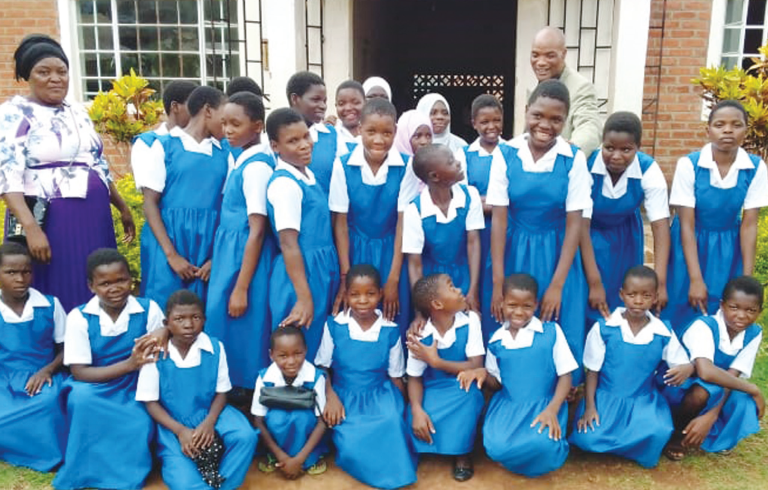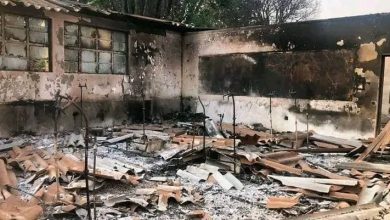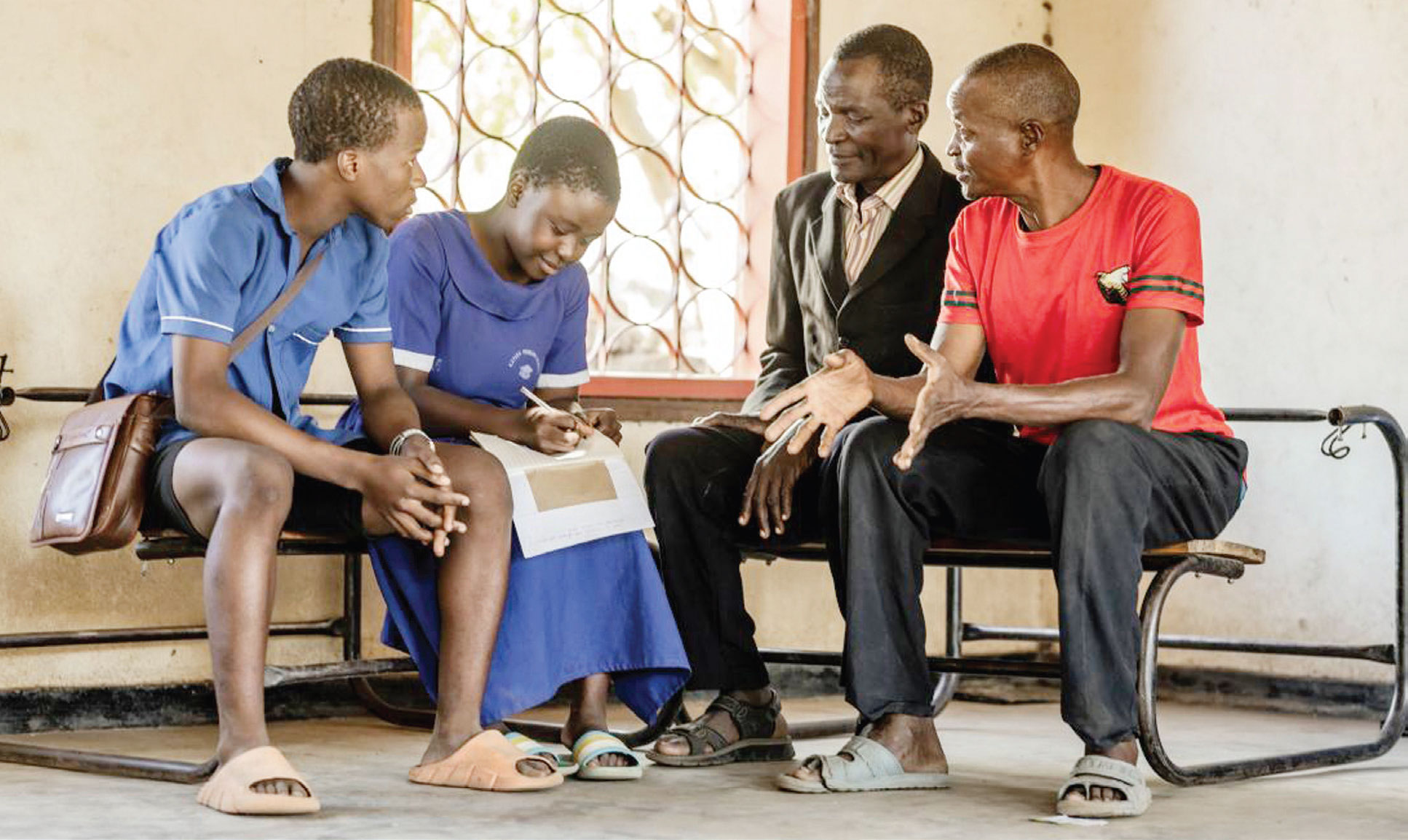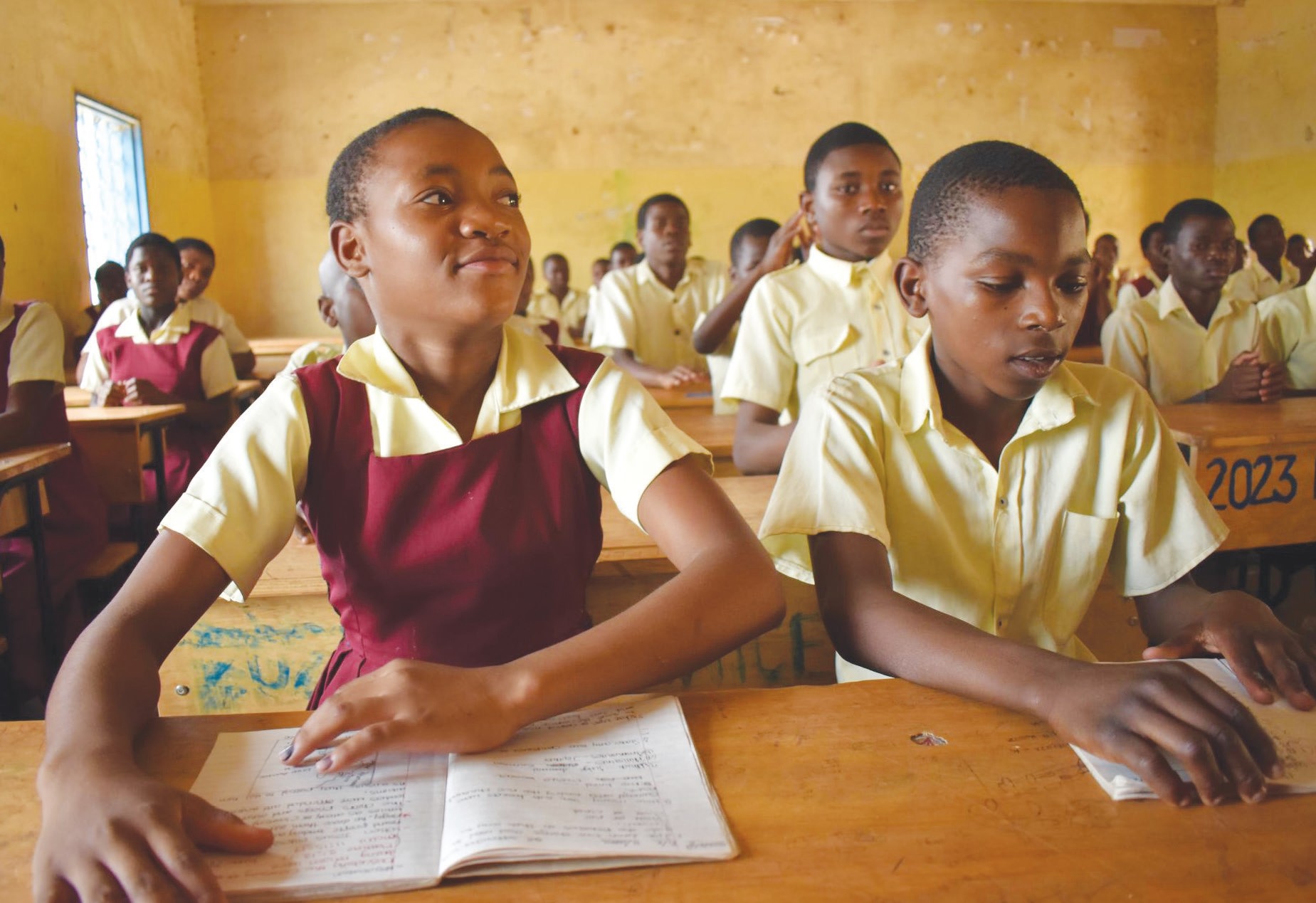Giving poor leaners hope
As Domasi Government Primary School, authorities summon all learners on bursary to an impromptu meeting. Girls dreaming big step forward, clad in white blouses tucked in blue uniforms.
These children come from poor families, but their dreams of a better future have been revived by scholarships from the Girl Education Project launched by Children’s Hope last year.

The Zomba-based non-governmental organisation offers 400 underprivileged learners, mostly orphans, uniforms, shoes, fees, personal hygiene kits and learning materials to keep them in school until their dreams come true. The bursaries also cover the cost of food, health care and homework help for girls aged nine to 13,
“This project seeks to address the causes of high drop-out rates among girls in our community,” says Children’s Hope founder Jean Kalinga. “We provide the most vulnerable girls with school supplies and other specific needs to keep them in school.”
The International Monetary Fund (IMF) staff’s charity, Giving Together, has been supporting Children’s Hope since 2007 when it was Mtogolo community-based organisation.
Giving Together raises funds for disaster relief from both active and retired employees as part of an annual giving campaign. IMF matches the employee donations to boost the charity’s reach and impact in communities where it works to foster economic independence.
Learners at Domasi Mission CCAP Primary School also benefit from the programme headteacher Hamilton Kamwendo credits with retaining needy learners at risk of dropping out.
“Attracted by the school and health supplies, those who dropped out are motivated to re-enroll,” he explains.
Humphreys Mkupu, the headteacher of Domasi Government Primary School, says the programme has lured back 45 students at the institution.
He states: “In the first phase, Children’s Hope supported 25 learners, mostly those who used to miss classes, but they no longer do so because they have all the necessary requirements.
“The second phase was to persuade those who dropped out and 45 girls re-enrolled.”
Sofila Stefano, a Standard Seven learner at Domasi Primary School, says nearly dropped out due to lack of uniform and learning materials.
“If you don’t have a uniform, you feel out of place and lose self-esteem. School authorities also frequently remind you to get one and it gets into your head and you get discouraged to carry on with school,” she says with a smile.
And the demand for educational support is growing.
“Some 25 learners have benefitted from the project, but 100 more are still on the waiting list,” says Domasi Demonstration Primary School headteacher Lucy Bisika.
The Malawi Demographic and Health Survey shows that about three in four Malawian girls do not complete primary school and nearly three in every five drop out due to poverty, lack of motivation and poor sanitary facilities. About 15 in every 100 quit due to early pregnancy or marriage.
Group village head Mtogolo, from the cradle of Children’s Hope, looks to the the future with optimism.
“Education is the best gift you can give children, mostly girls. It makes them independent and this is why this project is very important for us here,” he explains.
Children’s Hope has extended its assistance to the elderly, giving them palliative care. Health workers go door-to-door, giving 250 senior citizens in 50 village necessary medical assistance. They refer critical patients to Children’s Hope clinic. Explains Kalinga: “The project changed slightly to include the elderly who continue to play parental roles in families devastated by HIV and Aids. Without health support amid their deprived economic conditions, most grandparents face debilitating health conditions,” explains Kalinga.





